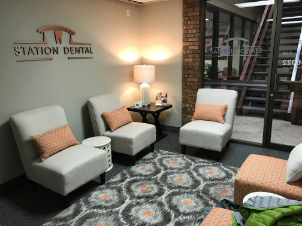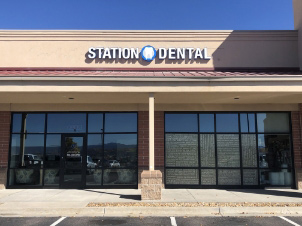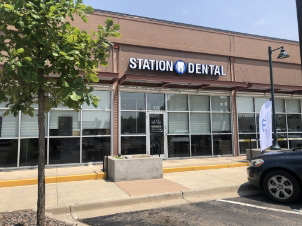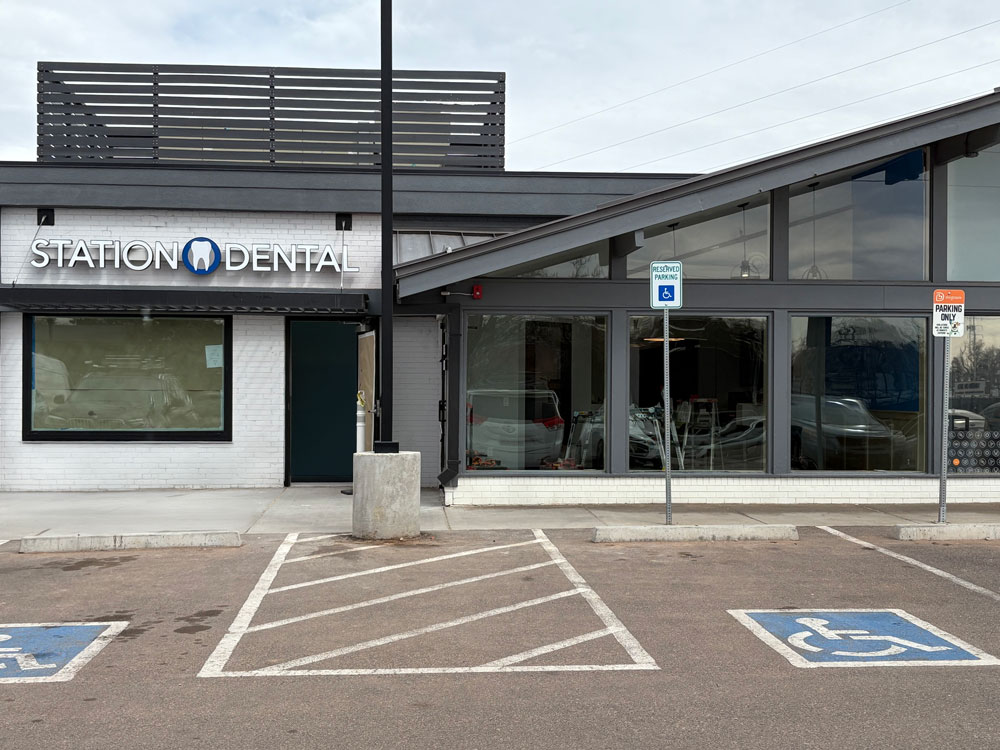Maintaining good oral health is crucial for a happy and healthy life. Unfortunately, dental problems can still arise and cause discomfort that hinders an individual’s daily routine. A root canal is often necessary when a tooth is severely damaged and infected. However, this procedure has gained a negative reputation for causing anxiety and fear in patients. It’s important to understand that a root canal is a valuable treatment option that can restore oral health instead of being a frightening experience. Let’s delve into root canals and their importance in maintaining optimal dental health.
Understanding a Root Canal –
A root canal is a dental procedure that involves the removal of infected pulp inside the tooth, which contains blood vessels and nerves. The tooth is disinfected, sealed, and cleaned to prevent further damage or infection.
Signs and symptoms –
Some of the standard symptoms of a root canal infection are –
- Persistent toothache
- Sensitivity to hot and cold beverages
- Swelling in the surrounding gums
- Discoloration of the tooth
- Darkening of the tooth
- Pimple-like bump on the gum
If you experience any of these symptoms, it is essential to consult our dental clinic in Aurora.
When is a root canal necessary?
A root canal is generally necessary when the dental pulp becomes inflamed or infected due to cracked or chipped teeth, untreated cavities, repeated dental procedures on the same tooth, or other traumatic dental injuries. The infection can spread without prompt intervention, causing severe pain, abscesses, and even tooth loss.
Delaying or neglecting a root canal can have adverse consequences. The infection can spread to the surrounding tissues and even enter the bloodstream, potentially affecting other parts of the body. The pain and discomfort associated with an untreated root canal can significantly impact your quality of life.
The Procedure of a Root Canal
A root canal procedure typically involves several steps. Our dentist will administer local anesthesia to ensure you’re comfortable throughout the process. A small hole is made in the tooth to access the infected pulp. The diseased pulp is carefully removed, and the canals are thoroughly disinfected and shaped. Once cleaned, the canals are filled with a biocompatible material called gutta-percha, and the tooth is sealed with a dental crown or a filling for added protection and strength.
Benefits of Root Canal Treatment
- Pain Relief: Root canal treatment relieves severe toothache caused by infection or inflammation.
- Preservation of the Natural Tooth: The procedure aims to save your natural tooth, preventing the need for extraction.
- Improved Oral Function: After a successful root canal, you can regain the ability to bite and chew comfortably.
- Restored Aesthetics: A dental crown or filling following a root canal restores the appearance of the treated tooth.
- Prevention of the Spread of Infection: By removing the infected pulp, root canal treatment can prevent the spread of infection to other teeth and surrounding tissues.
- Efficient Chewing: After a root canal, you can effectively chew your food, aiding the digestive process.
- Protection of Jawbone Health: Preserving natural teeth through root canal treatment helps maintain the integrity and health of the jawbone.
If you have tooth pain or suspect you need a root canal in Aurora, Station Dental Group is here to assist you. We proudly offer a variety of dental services, not just root canals. Our team is dedicated to providing personalized and empathetic care to meet all your dental needs, whether routine check-ups, dental cleanings, or even dentures. Station Dental Group can be your dependable partner for effective dental care in Aurora. Our team of dentists and comfortble facilities offer a wide range of comprehensive dental services.It’s important to prioritize your dental health and seek the care of a trustworthy dental clinic such as Station Dental Group to maintain your oral and overall physical well-being. Please feel free to reach out to us for any of your dental needs, including root canal treatments, dentures, and more.








